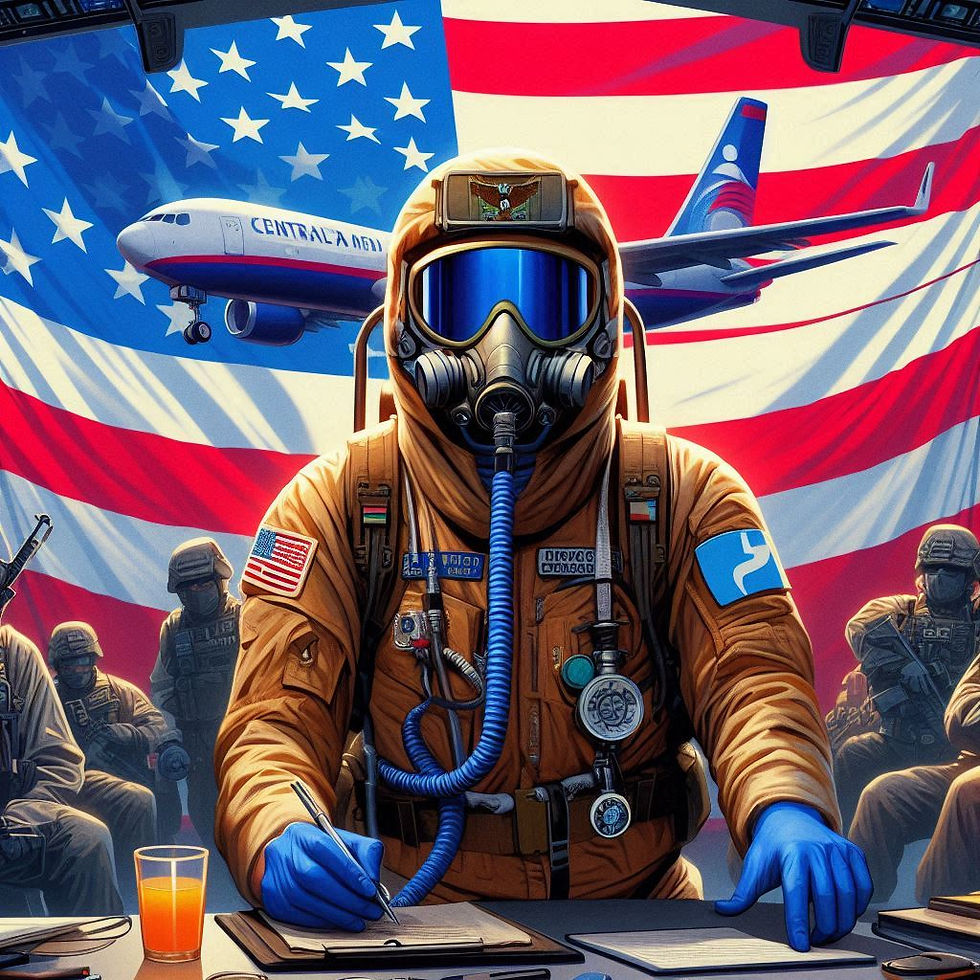DNP, CRNA Personal Purpose, Mission to Central America
- NursingStatement.com

- Mar 8, 2021
- 3 min read
Updated: Mar 28
The first highlight of my career as a nurse was a medical mission to Costa Rica in 2014. I could not be more confident that being accepted to your innovative DNP ’Program to become a CRNA at the ____ School of Anesthesia will provide me with the capacity and the inspiration to go on medical missions at least once a year for the balance of my professional future. As my career advances, I hope to progressively spend more time devoted to the underserved, thinking globally, acting locally, saving lives, and helping to heal wounds worldwide, one patient at a time.
We set up clinics in Costa Rica in three underprivileged communities during our 10-day stay. I remember taking care of many migrants from Nicaragua who had little chance of receiving any other form of medical care since they were undocumented immigrants without the necessary papers. This experience set the direction for who I want to become.

I have spent 26 hours formally shadowing CRNAs in the OR and plan to continue until I enter a Masters's Program. I seek a total immersion experience, diving into Anesthesia and fully embracing what it means to be a CRNA. I have always paid particular attention to the CRNAs I work alongside in our ICU on an informal level. Our patients are incredibly challenging because most have brain injuries, and we are unable to determine the capacity to which someone might recover for at least three to six months. However, I have had a few patients walk back into the department with their loved ones reminding them, "This is Erica, and she took amazing care of you." Those patients who complete rehab have another opportunity to spend time with their families and a second chance at life.

The weakest part of my application is that I have only a little more than one year of experience in the ICU, and I note with chagrin that your program prefers 2-3 years of ICU experience. I ask for special consideration since my experience is at a Level 1 Trauma Center - as intense as it gets – and a teaching hospital associated with UCSF. It is the only level 1 trauma center from Los Angeles to Sacramento and the third largest of 440 hospitals in California. My experience on the Float Team allowed me to network with departments throughout the hospital. I currently work as a floor nurse in the Neuro ICU and fill in as Supervisor when needed because I have proven myself.
Raised by a single parent who worked as a Registered Nurse for more than 20 years, I saw first-hand how she could improve people’s lives as a nurse. She received an award as an RN for the entire Central Valley of CA in 2012. My mom will always be my best friend and most important inspiration.
Thank you for considering my application.






This text beautifully illustrates the author's dedication to providing compassionate care and their aspiration to serve underserved communities globally. Their experiences in medical missions and intensive care demonstrate a deep commitment to patient well-being and continuous professional growth. The narrative underscores the transformative impact of global healthcare missions and the importance of empathy, resilience, and a lifelong dedication to learning in the nursing profession.